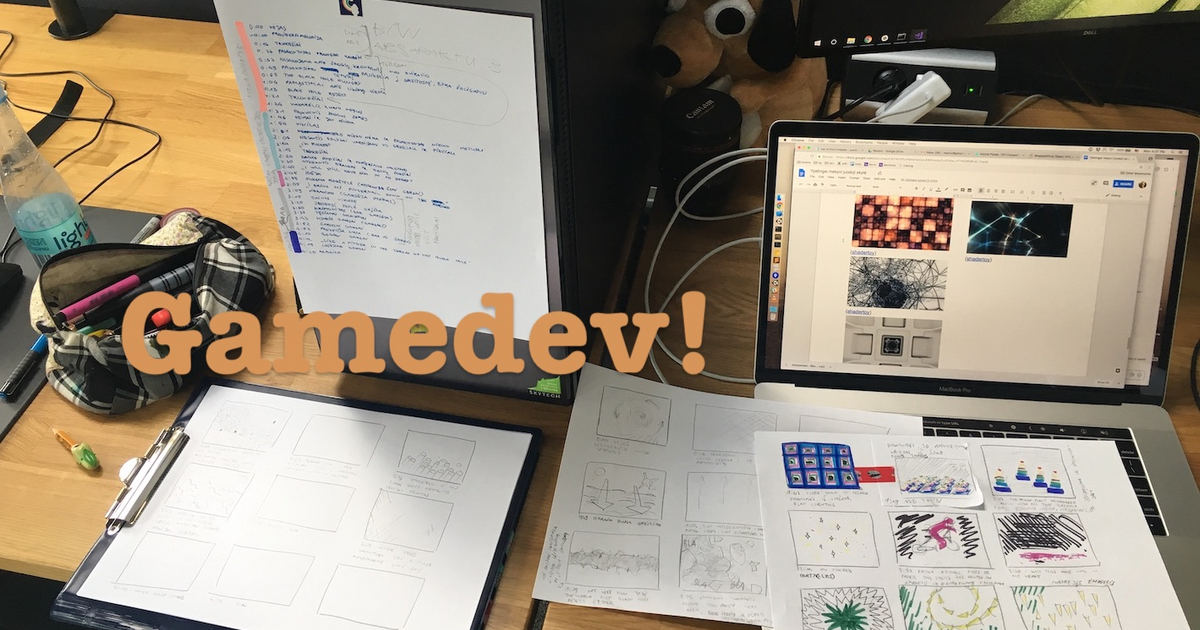In December 2024, I took part in the 1st International Workshop on Low Carbon Computing ( #LOCO2024 ). The recorded talks are now up on YouTube including mine which is on teaching sustainability in new media art:
Recent searches
Search options
#loco2024
@tdp_org Hosted from my kitchen cupboard with no bandwidth charges, luckily, but it still has other consequences.
I shall be turning this into an arXiv paper RSN (already presented at #LOCO2024): https://www.earth.org.uk/RSS-efficiency.html

This semester, I am teaching a graduate class called “Creative Technologies during Climate Crisis”. This week’s events obviously highlight the need for #climateaction in all areas of our lives and work.
This is a slide from a low carbon computing presentation I gave in December at #loco2024 .
@rustybrick @methode @searchliaison
Note that Googlebot very much fails to pay attention to cacheing signals for #RSS files, and Google-Podcast* pays no attention at all to any of these signals. Please fix.
I am hoping to shame Google / Apple / Amazon / Spotify / PodBean into reducing the 99%+ waste from their sloppy behaviour... Eg #LOCO2024
*Why is Google-Podcast still polling my #RSS feed AT ALL, let alone ~140 times per day on a feed that hasn't changed since August?
At #LOCO2024 there was also quite a bit of talk about the rebound effect (Jevons paradox): that increased energy efficiency can lead to worse emissions.
The boom in generative AI is a prime example of this rebound effect: improvements in compute efficiency for AI workloads, in particular GPUs, have resulted in unprecedented growth in both size and adoption of generative AI models.
(1/2)
One of the talks at #LOCO2024 showed a snippet from an article https://cc-techgroup.com/data-center-energy-consumption/
"One often-repeated claim is that global data centers emit the same amount of CO2 as the aviation industry [...] it’s unrealistic to believe that the CO2 emissions from data centers are that significant."
They quote 0.915 GtCO2e for the aviation industry. There is no reference for the "often-repeated claim" part.
(1/3)
So, #LOCO2024 has come and gone, and I personally think it went really well. The talks and discussions were really interesting.
I would like to thank everyone on here who has supported the event in any way: especially the speakers, reviewers and attendees but also anyone who boosted the announcements or otherwise supported the event. Thank you all very much!
All abstracts are on line:
https://www.sicsa.ac.uk/loco/loco2024/#uagb-tabs__tab3
Recordings will follow.
Lightning talks: scale back CPU frequency when grid carbon intensity is high to significantly reduce carbon for slightly reduced throughput #loco2024
@SylviaFysica underscored a theme from #loco2024 that Life Cycle Assessments (LCA) are critical for understanding the energy impacts of AI. We can't simply focus on what happens at the model building stage. Other phases such as inference, the network, compute out on the edges, as well as end of life are important too.
https://www.sicsa.ac.uk/wp-content/uploads/2024/11/LOCO2024_paper_52.pdf
Successful day! Alongside listening to #LOCO2024, I also got a working winged-edge mesh structure implemented in Mittsu, and I can collapse edges!
If you just watched my #LOCO2024 lightning talk, "Running a DIY Assessment Against the Web Sustainability Guidelines", here's some links:
* The results of my self-assessment is at https://manyfold.app/news/2024/07/12/wsg-assessment.html
* The script used to generate the markdown template (which will also do a CSV version you can fill in with Excel) is at https://github.com/manyfold3d/wsg-assessment
* The WSG Draft itself is at https://w3c.github.io/sustyweb/
If you're interested, get in touch to find out more!
Lightning talks: quick mention of Web Sustainability Guidelines for checking websites for their sustainability (as WCAG is for accessibility): https://w3c.github.io/sustyweb/ #loco2024
Rebound effects strike again on dark mode: actual device power usage may be higher in dark mode due to users turning screen brightness up compared to light mode #loco2024
Researchers at Hasso Plattner Institute have built a #Jupyter extension that allows users to monitor their energy consumption as they author the notebook, and are continuing to study how users behave when presented with this information.
In addition to the data and visualization it lets you see resource utilization in terms of making some toast or brewing some
- https://www.sicsa.ac.uk/wp-content/uploads/2024/11/LOCO2024_paper_41.pdf
- https://github.com/MarcelGarus/jupyter-energy
This is enough energy to play an eight minute song on an electric keyboard #loco2024
Just before lunch, a talk about the elephant in the room: that we can't rely on Moore's law to reduce IT’s carbon emissions, we need to stop growing computing loads too. #loco2024
In her #loco2024 keynote this morning Anne Currie (author of Building Green Software) mentioned that the impulse to rewrite all the things in energy efficient languages (C/C++, Rust, etc) is laudable, but isn't really feasible for all types of organizations. Doing things correctly in those languages is difficult and can take significant time as compared to a language like Python. So it is also good to put pressure on service/software suppliers to do this work.
https://www.oreilly.com/library/view/building-green-software/9781098150617/
I appreciate the point made by @michael in his #loco2024 presentation about how #datascience workflows often encourage rerunning compute when it simply isn't necessary, all in the name of reproducibility.
https://www.sicsa.ac.uk/wp-content/uploads/2024/11/LOCO2024_paper_30.pdf
The paper focuses at a pretty low-level but perhaps it would also be helpful for lineage in systems like Airflow and Spark to make energy use legible, and decidable, if data scientists are willing to sacrifice the quality (e.g. currency) of results?
Brilliant paper at #loco2024. "The belief in Moore’s Law is undermining ICT climate action. " https://www.sicsa.ac.uk/wp-content/uploads/2024/11/LOCO2024_paper_43.pdf

